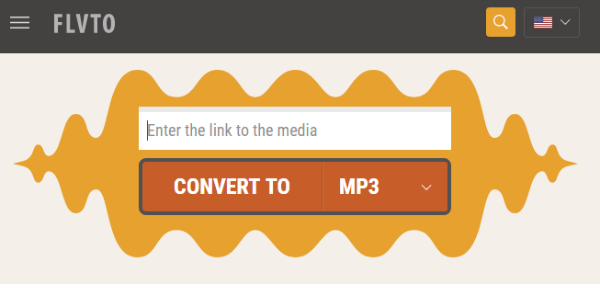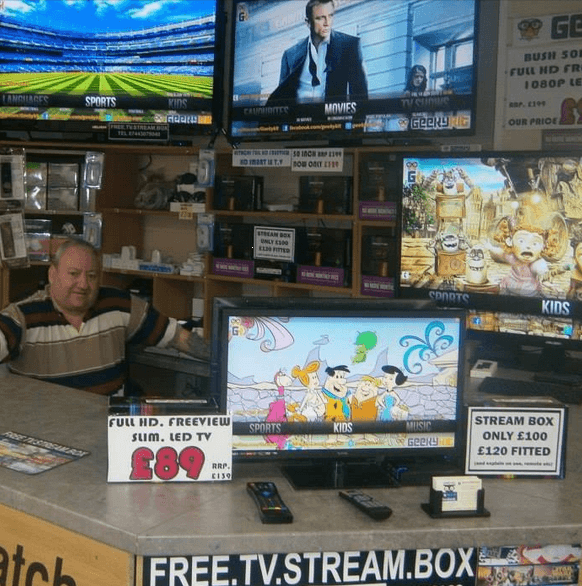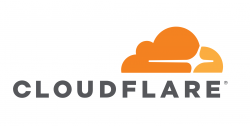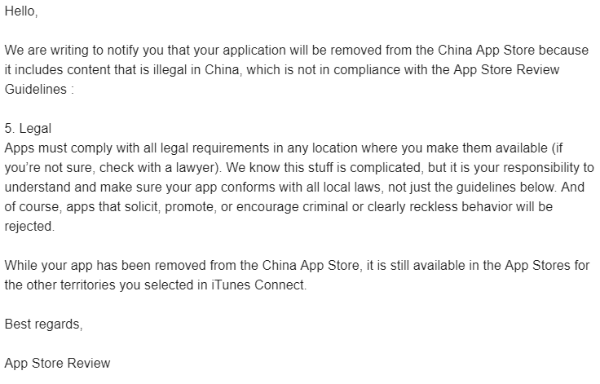MP3 Stream Rippers Are Not Illegal Sites, EFF Tells US Government
samedi 21 octobre 2017 à 21:11 Free music is easy to find nowadays. Just head over to YouTube and you can find millions of tracks including many of the most recent releases.
Free music is easy to find nowadays. Just head over to YouTube and you can find millions of tracks including many of the most recent releases.
While some artists happily share their work, the major record labels don’t want tracks to leak outside YouTube’s ecosystem. For this reason, they want YouTube to MP3 rippers shut down.
Earlier this month, the RIAA sent its overview of “notorious markets” to the Office of the US Trade Representative (USTR), highlighting several of these sites and asking for help.
“The overall popularity of these sites and the staggering volume of traffic it attracts evidences the enormous damage being inflicted on the U.S. record industry,” the RIAA wrote, calling out Mp3juices.cc, Convert2mp3.net, Savefrom.net, Ytmp3.cc, Convertmp3.io, Flvto.biz, and 2conv.com as the most popular offenders.
This position is shared by many other music industry groups. They see stream ripping as the largest piracy threat online. After shutting down YouTube-MP3, they hope to topple other sites as well, ideally with the backing of the US Government.
However, not everyone shares the belief that stream ripping equals copyright infringement.
In a rebuttal, the Electronic Frontier Foundation (EFF) informs the USTR that the RIAA is trying to twist the law in its favor. Not all stream ripping sites are facilitating copyright infringement by definition, the EFF argues.
“RIAA’s discussion of ‘stream-ripping’ websites misstates copyright law. Websites that simply allow users to extract the audio track from a user-selected online video are not ‘illegal sites’ and are not liable for copyright infringement, unless they engage in additional conduct that meets the definition of infringement,” the EFF writes.

While some people may use these sites to ‘pirate’ tracks there are also legitimate purposes, the digital rights group notes. Some creators specifically allow others to download and modify their work, for example, and in other cases ripping can be seen as fair use.
“There exists a vast and growing volume of online video that is licensed for free downloading and modification, or contains audio tracks that are not subject to copyright,” the EFF stresses.
“Moreover, many audio extractions qualify as non-infringing fair uses under copyright. Providing a service that is capable of extracting audio tracks for these lawful purposes is itself lawful, even if some users infringe.”
The fact that these sites generate revenue from advertising doesn’t make them illegal either. While there are some issues that could make a site liable, such as distributing infringing content to third parties, the EFF argues that many of the sites identified by the RIAA are not clearly involved in such activities.
Instead of solely relying on the characterizations of the RIAA, the US Government should judge these sites independently, in accordance with the law.
“USTR must apply U.S. law as it is, not as particular industry organizations wish it to be. Accordingly, it is inappropriate to describe ‘stream-ripping’ sites as engaging in or facilitating infringement. That logic would discourage U.S. firms from providing many forms of useful, lawful technology that processes or interacts with copyrighted work in digital form, to the detriment of U.S. trade,” the EFF concludes.
It is worth highlighting that most sites the RIAA mentioned specifically advertise themselves as YouTube converters. While this violates YouTube’s Terms of Service, something the streaming platform isn’t happy with, it doesn’t automatically classify them as infringing services.
Ideally, the RIAA and other music industry group would like YouTube to shut down these sites but if that doesn’t happen, more lawsuits may follow in the future. Then, the claims from both sides can be properly tested in court.
The full EFF response is available here (pdf). In addition to the stream ripping comments, the digital rights group also defends CDN providers such as Cloudflare, reverse proxies, and domain registrars from MPAA and RIAA piracy complaints.
Source: TF, for the latest info on copyright, file-sharing, torrent sites and ANONYMOUS VPN services.


 A few weeks ago several copyright holder groups sent their annual “Notorious Markets” complaints to the U.S. Trade Representative (USTR).
A few weeks ago several copyright holder groups sent their annual “Notorious Markets” complaints to the U.S. Trade Representative (USTR). If you enjoy this episode, consider becoming a patron and getting involved with the show.
If you enjoy this episode, consider becoming a patron and getting involved with the show.  As part of what is now clearly a crackdown on Great Firewall-evading tools and services, during the summer Chinese government pressure reached technology giant Apple.
As part of what is now clearly a crackdown on Great Firewall-evading tools and services, during the summer Chinese government pressure reached technology giant Apple.